The past year showed the world that businesses are able to successfully operate with employees working remotely or from home. To do this, many companies utilize a VPN. But there are often arguments surrounding its use, leaving businesses to wonder if a VPN is the right choice for their company, especially in terms of cybersecurity. With today’s remote work and hybrid work environment, every decision regarding technology is an important one.
If your company is considering acquiring a VPN or keeping an existing one in place to ensure your business network’s safety, security, and privacy, you’re not alone. The global cloud VPN market is expected to increase by 216% between 2019 and 2026.
But how can you determine if a VPN is right for your business? We pick apart the benefits and drawbacks of using a VPN, and what it could mean for your business.
What Is a VPN?
When using an internet connection through WiFi or cellular networks, your requests (along with your IP address and potentially personal information) are processed over unprotected servers before the data is returned to you.
VPNs (Virtual Private Networks) separate or isolate traffic flow by sending it through different server paths. A VPN keeps all of your internet activity safe from prying eyes, whether you’re at work, using public WiFi, hopping onto a HotSpot, or working with a home connection where malware or spyware can lurk.
Advantages of a VPN
VPNs can provide many advantages for your business, the main feature being the added:

Removes geoblocks: Businesses can allow employees to work from various locations across the country, and even worldwide, by using a VPN.
Provides privacy protection: VPNs encrypt all of your personal and user data, making you all but invisible online.
Stabilizes pricing: Some companies show higher prices to internet users in the U.S. or other locations. A VPN will anonymize your location, giving you access to the standard ”global” rate.
Remote, just like you: VPNs are cloud-based, which means that there’s no hardware required to install and use them.
If you’re looking for better connectivity and cybersecurity options, a VPN is the best solution, especially if you’re paying for servers in remote locations or don’t have access to a cybersecurity team. VPNs are a fast, efficient way to set up a secure, private network gateway for everyone on your team.
Drawbacks of a VPN
Inferior providers: Beware of “Free VPN” services—you get what you pay for. Some free providers keep logs of online activity, eliminating the privacy benefits. Using a premium VPN through a reliable MSP is the optimal solution, but it can be tempting to try out free software.
Complex Configuration: If a VPN isn’t configured correctly, cybercriminals will find the loopholes. If it’s not monitored correctly, a VPN can “drop,” leaving your entire network vulnerable to all the threats it’s designed to prevent.
Restricted operating systems: VPNs aren’t compatible with all devices. If the VPN doesn’t support the operating system, users will need to set it up manually.
Slower speed: Encryption takes time, which can ultimately slow down your internet connection. However, premium VPNs employ powerful infostructures, circumventing the speed drops and making them unnoticeable.
These might seem like serious drawbacks, but if businesses go through an MSP to set up their VPN, most of these drawbacks can be avoided.
So, Is It Worth It?
In short, absolutely.
While there are some drawbacks to having a VPN, organizations are smart to consider them. VPNs give businesses the ability to share data in an environment where it would otherwise be easy for their information to leak.
If the drawbacks of a VPN are cause for concern, especially the cybersecurity issues, a local IT solutions provider can help mitigate many of these disadvantages and ensure that your company leverages the most modern technology to support business goals and operational budgets.
Set up a consultation for a free cybersecurity assessment with a member of the TrinWare team today.
| Hardware + Software + People |




